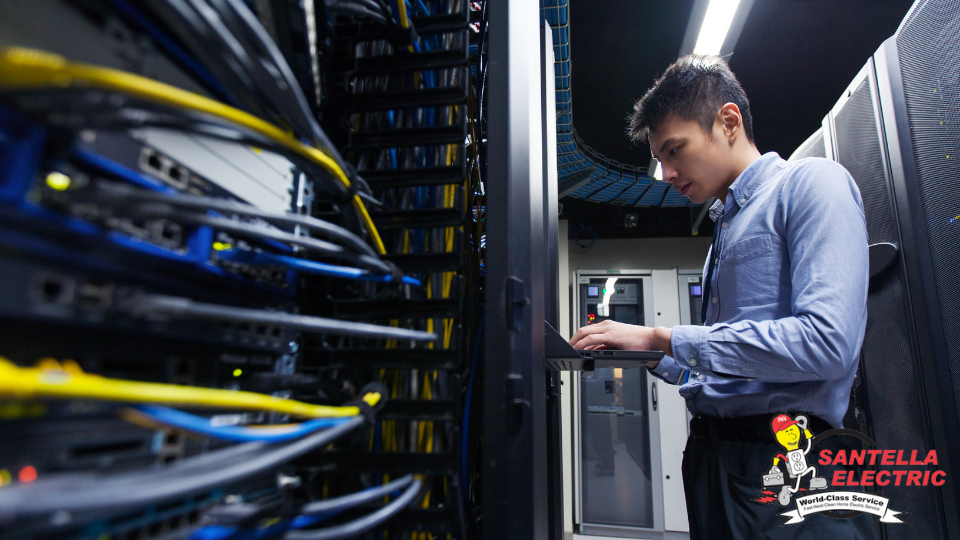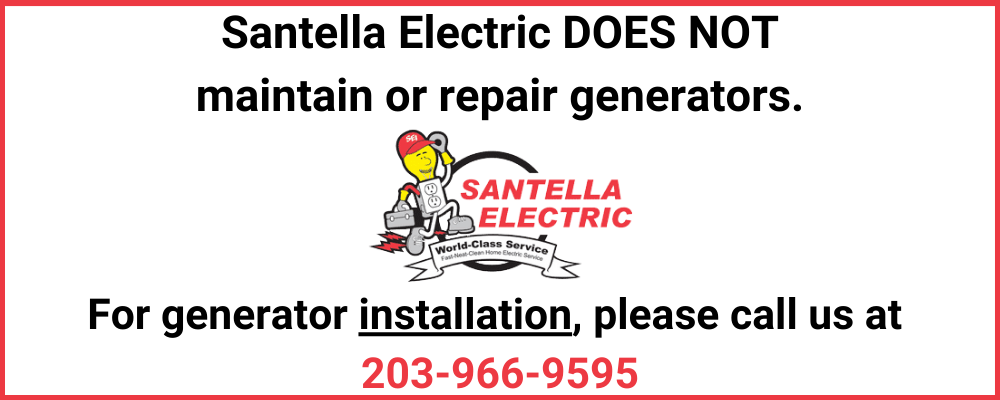

What is a Data Center?
A data center is a facility that consolidates an organization’s IT operations and equipment for the purposes of storing, processing, and disseminating data and applications. Data centers are integral to an organization’s day-to-day operations since they house critical and proprietary informative assets. In recent years, the model of data centers has changed given the public cloud. Most modern data infrastructures are virtualized and are capable of supporting applications and workloads across multi-cloud environments. Still, there are data centers that have highly controlled physical infrastructures. There are regulatory restrictions that require on-premises servers without internet connections. So, depending on the organization and its regulations, data centers can be physical or virtual.

Common Uses for Data Centers
As mentioned above, data centers are a vital part of any organization since they are designed to house and distribute key information. As of today, there are approximately more than seven million data centers globally. Nearly every organization, business, and government entity maintains and utilizes a data center. Data centers are so necessary because they provide services such as:
- Data storage maintenance, back-up and recovery
- Virtual desktops, communications and collaboration services
- Productivity applications such as email and file sharing
- E-commerce transactions
- Customer relationship management
- Powering online gaming communities
- Enterprise resource planning and databases
- Big data, machine learning, and artificial intelligence
Since data centers provide a sweeping assortment of services, many different organizations can benefit from using them.
Density vs. Capacity
There’s not necessarily a one size fits all plan for data centers when it comes to density and capacity. Sufficient capacity should be delivered relative to patch panels, conduits, and intermediate distribution feeds. Equipment densities are relative to initial and longer-term electrical power capacities. Typically, electrical capacity ranging from 30 watts to 70 watts is required. However, additional power may be required for air conditioning, humidification, lighting, and uninterruptible power supply (UPS), and transformer losses. That being said, it’s recommended that a data center be designed to scale from 50 watts to 100 watts per square foot for raised floor area. Incremental capacity can be added on a modular basis.
Power Supply
The uninterruptible power supply (UPS) is crucial in maintaining a constant flow of power in the event of a power failure from the public utility. Since it’s so important that the UPS is capable of doing this, there are several specifications that it must meet. First, the UPS should be sized to power all computer equipment, HVAC systems, and any additional electrical devices for 100 percent of the power demand up to 20 minutes after power interruption. Second, the UPS should be sized for fault overload conditions so that it doesn’t give out after the initial surge in power demand when the equipment is first energized. Third, the UPS should be continuously operational to filter and condition the power. Moreover, in many cases, there is a need for back-up diesel-powered generators. Back-up generators are required to sustain if the outage exceeds twenty minutes. Altogether, a data center needs multiple lines of back-up power feeds.
Fire Prevention
Data centers do come with a significant risk of electrical fires that shouldn’t be ignored. Because of this risk, it’s important to incorporate a fire prevention strategy. In order to protect both life and property, a comprehensive fire detection and suppression system should be installed. This system should include firewall installation, heat and smoke detectors, sprinkler systems, and manual systems. Heat and smoke detectors should be installed throughout the data center facility in relation to airflow patterns. The sprinkler system can either be a pre-action or flood system. Manual systems include pull stations and portable fire extinguishers positioned throughout the facility.
Electrical Fire Guide – How They Start and How to Prevent Them
Table of Contents What is an Electrical Fire? What are Common Ways Electrical Fires Can Start in Homes? What are Common Ways Electrical Fires Can Start in Commercial Buildings? How Can I Prevent an Electrical Fire? Electrical fires can happen anywhere, from…
The Costs Associated with Data Center Installation
The costs associated with data center installations vary as it depends on several factors. First, costs and suitability will vary according to the location of the installation especially if there is need for clean-up of the facility. There’s the cost of moving and installing servers and storage units into the data center. Third, you’ll need to purchase a software license as it needs to be in the data center as well. However, when it comes down to it, costs will vary the most when it comes to power as costs not only depend on the wattage but the addition of back-up power facilities as well.
Protect Your Information with Santella Electric
Here at Santella Electric, we understand how vital a data center and the information it stores are. We know that power is as essential as hiring the right commercial electrical team to its operation and a loss of it can be detrimental. In order to prevent that, Santella Electric has made it our mission to install UPS and standby generators that will protect your organization at all costs. We understand that this installation is an additional cost but we work with all our customers and ensure their satisfaction. If you have any questions or concerns, please feel free to contact us today!






Recent Comments